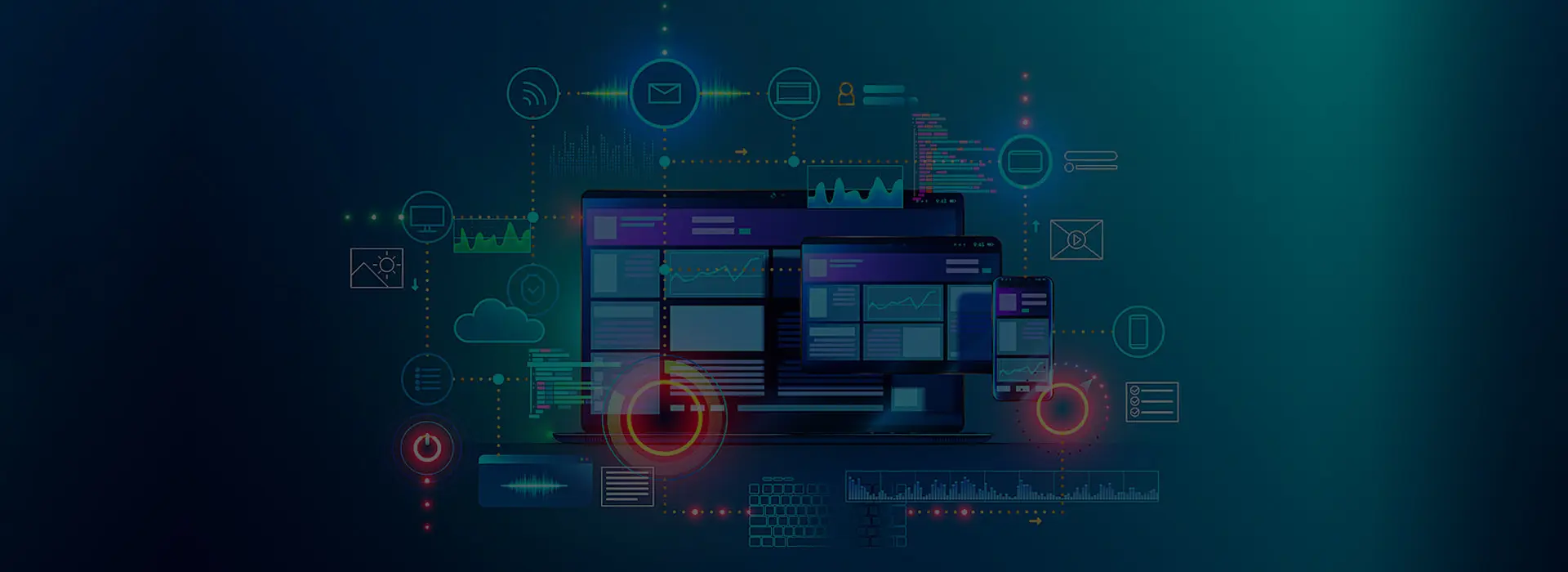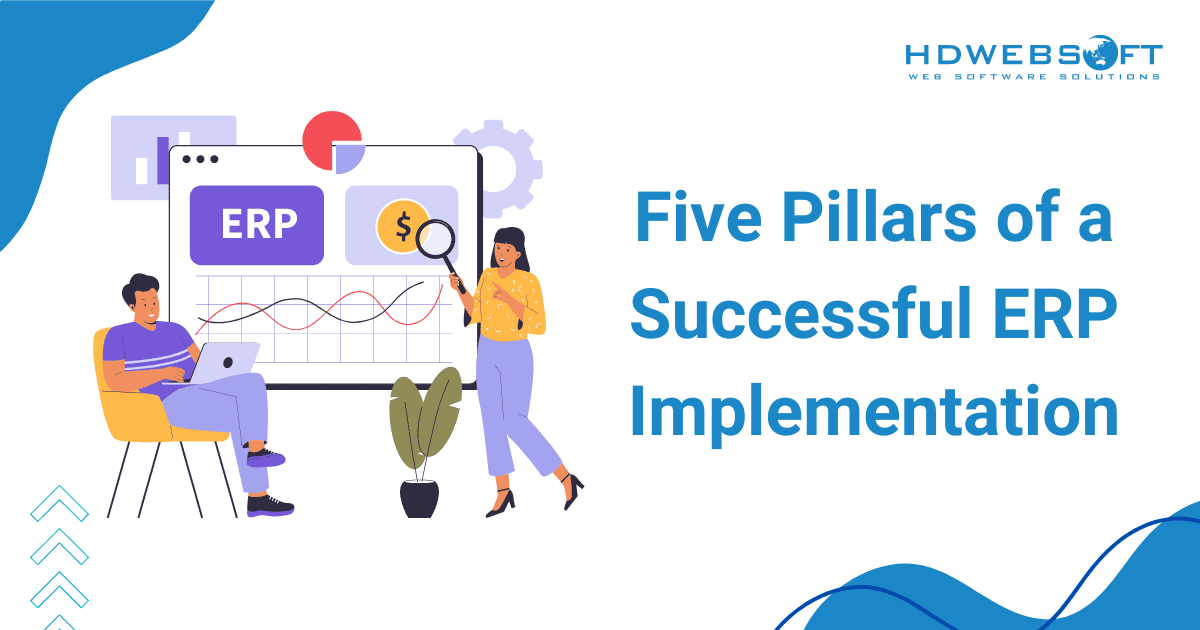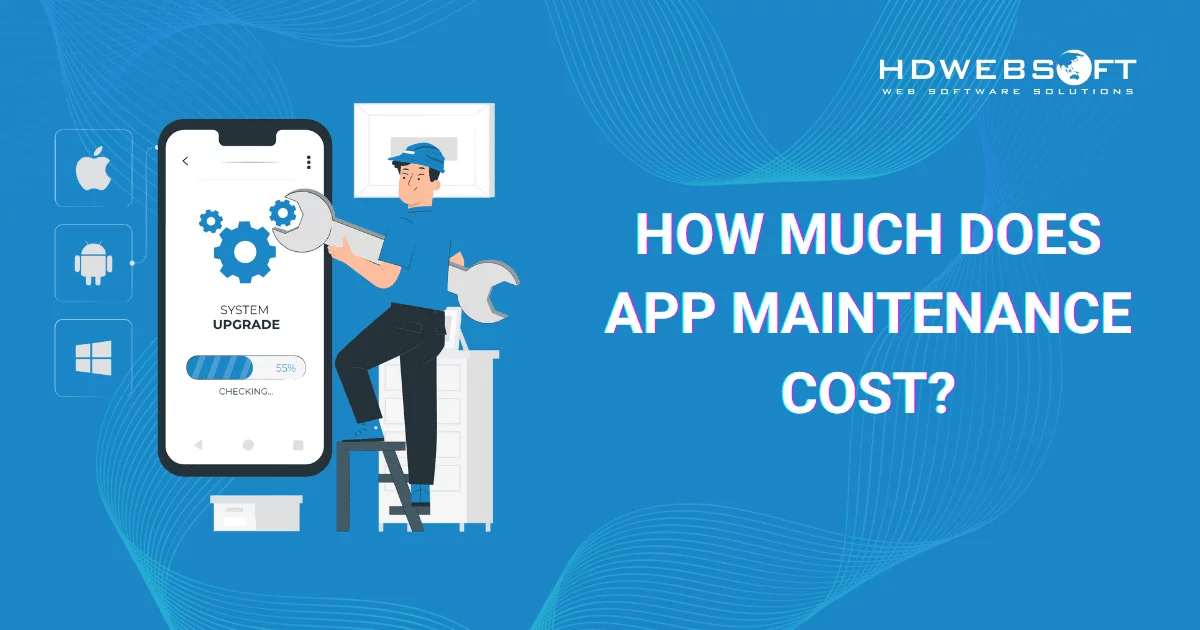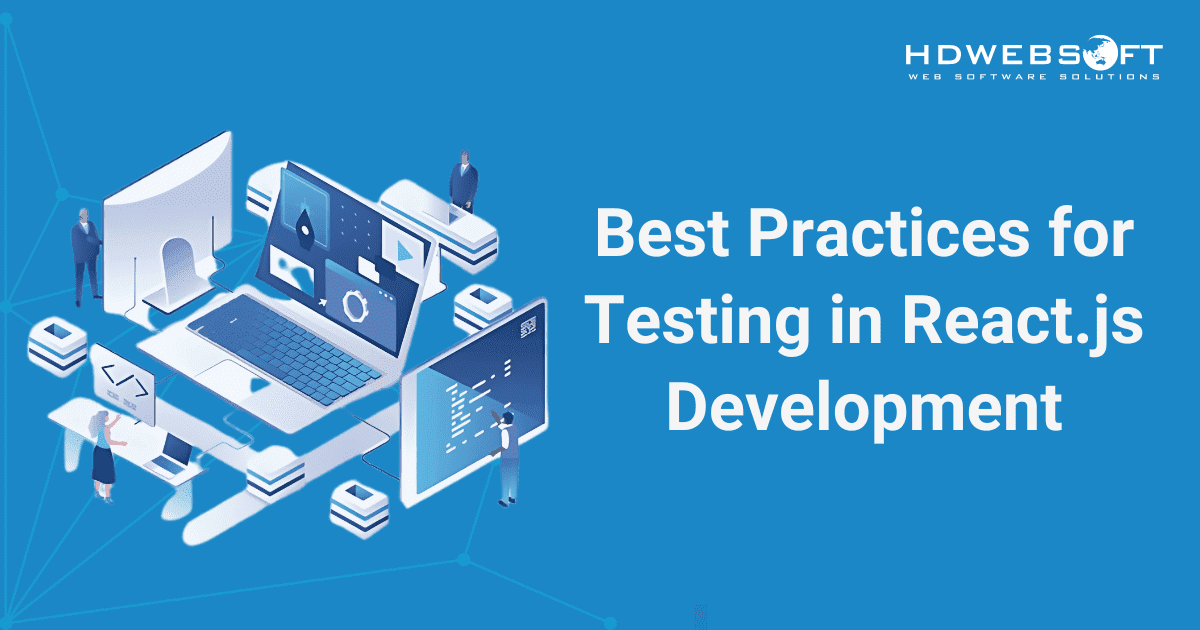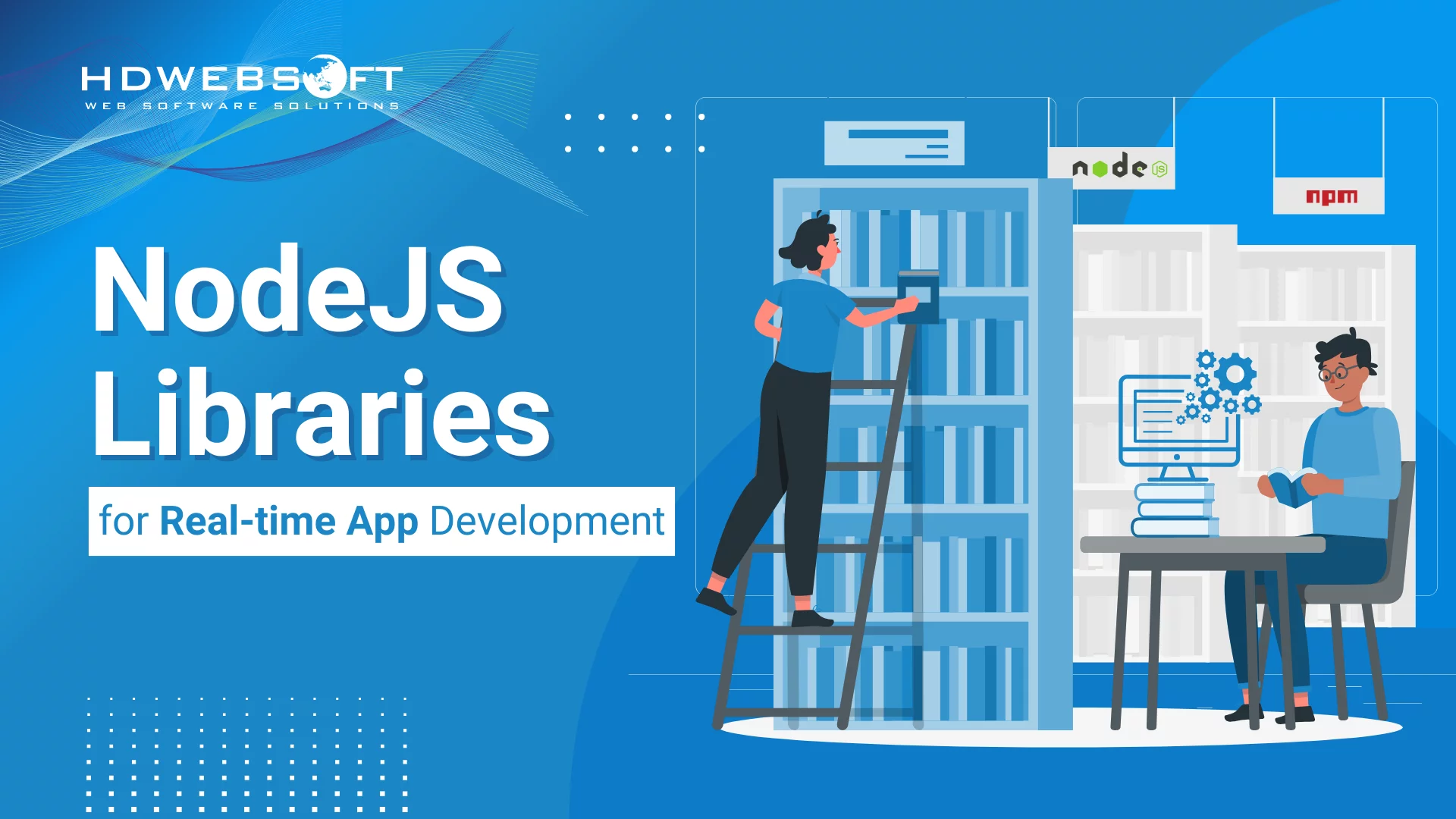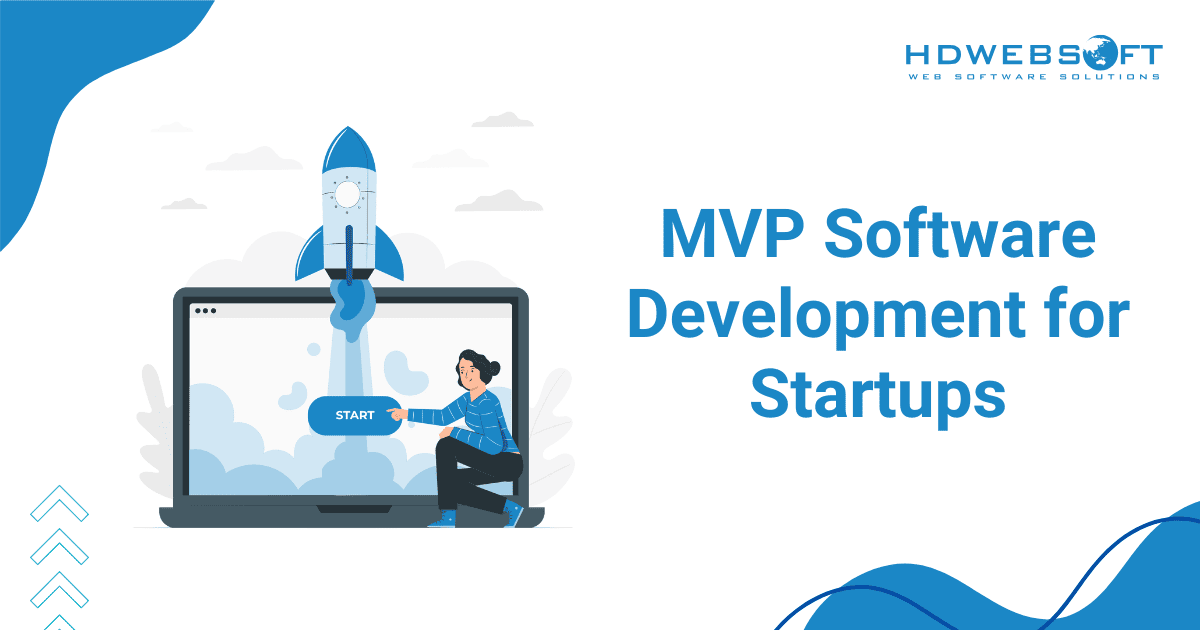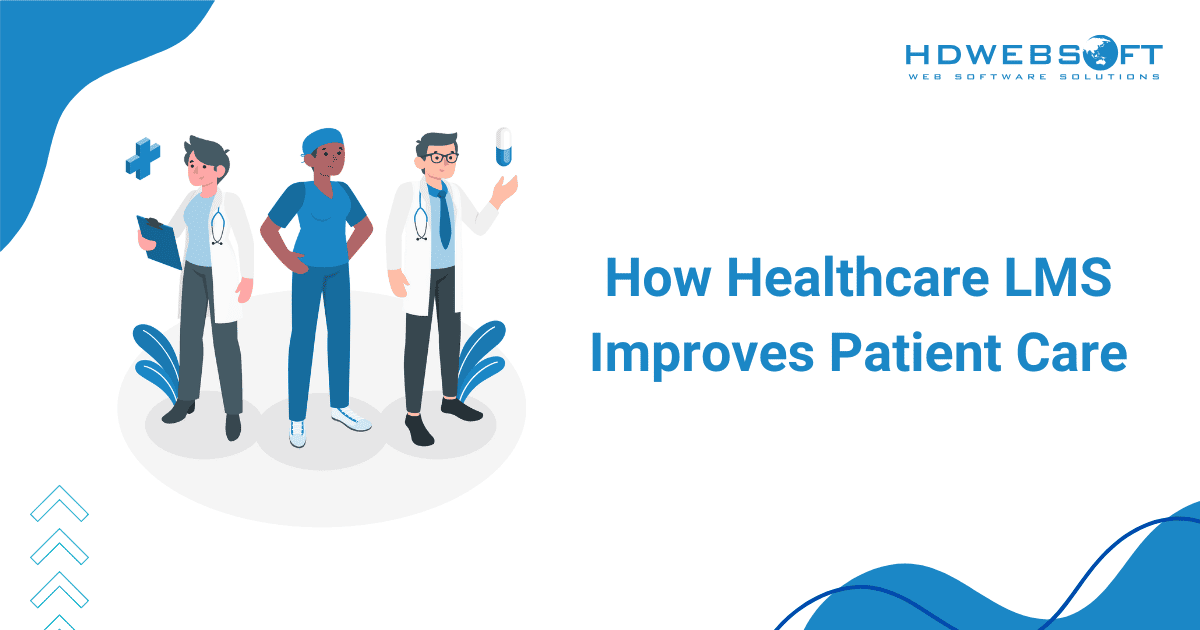
How Healthcare LMS Improves Patient Care
Healthcare LMS plays a vital role in the ever-evolving industry, where staying up-to-date with training and compliance is essential. As regulations tighten and patient care standards rise, medical professionals require efficient tools to keep pace. Designed to address the unique demands of the healthcare sector, it serves as a crucial resource for training, compliance, and continuous education.
This blog will explore what a medical LMS system is, its key features, and how it benefits healthcare organizations. Plus, we’ll discuss use cases and what sets it apart from traditional learning systems.
What is a Healthcare Learning Management System?
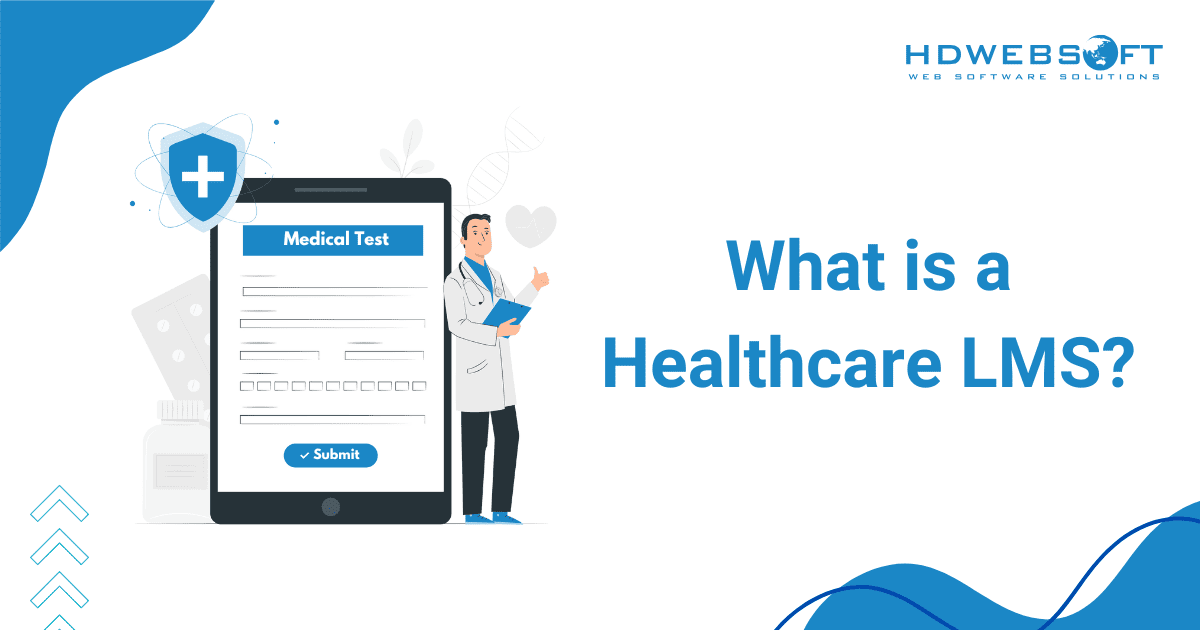
A healthcare LMS is a specialized digital platform designed to manage, deliver, and track training programs within healthcare organizations. Unlike generic learning management systems, it focuses on addressing the specific needs of hospitals, clinics, and other medical institutions. Moreover, these systems optimize the process of educating healthcare professionals, ensuring compliance with regulations, and fostering continuous learning.
As is known, healthcare environments are dynamic, requiring staff to stay updated on the latest medical practices and compliance standards. An LMS for healthcare facilitates this by offering tailored training content, tracking learner progress, and automating certifications. Additionally, it helps organizations maintain consistent training delivery across teams, ensuring everyone is equipped with the necessary skills and knowledge.
Healthcare LMS Market Sizes
The adoption of healthcare LMS solutions has grown significantly in recent years, driven by advancements in digital education technology. The healthcare LMS market is anticipated to reach $7.85 billion by 2029, driven by an impressive CAGR of around 25.42%.
As the healthcare industry continues to evolve rapidly, related employment is forecasted to increase by 5% from 2021 to 2031. Additionally, a study revealed that organizations implementing LMS platforms experienced a 60% increase in employee engagement.
In essence, these statistics underscore the value of medical LMS systems in creating engaging, effective training experiences for healthcare professionals.
What sets Healthcare LMS Aside vs. Traditional LMS
While traditional e-learning management systems serve various industries effectively, they often fall short of meeting the unique challenges in healthcare. Here’s how an LMS for healthcare stands apart and why it’s a better choice for medical institutions.
Compliance and Regulatory Requirements
One of the most significant differentiators of a healthcare LMS is its ability to manage complex compliance requirements. Healthcare professionals must adhere to stringent regulations like HIPAA, OSHA, and JCAHO standards.
Unlike traditional systems, a medical LMS integrates compliance-focused modules that ensure employees stay updated with mandatory training. Furthermore, it automates certification tracking, sending timely reminders for renewals, reducing administrative burden, and minimizing the risk of non-compliance penalties.
Addressing Skills Gaps and Training Needs
The healthcare industry evolves rapidly, with new medical technologies, treatments, and protocols emerging regularly. A custom learning management system for healthcare provides targeted training to bridge skill gaps and empower staff with the latest knowledge.
In contrast to traditional LMS, it offers customizable learning paths tailored to various roles, like doctors, nurses, or administrative staff. Consequently, this targeted approach ensures every team member has access to the resources they need to excel in their responsibilities.
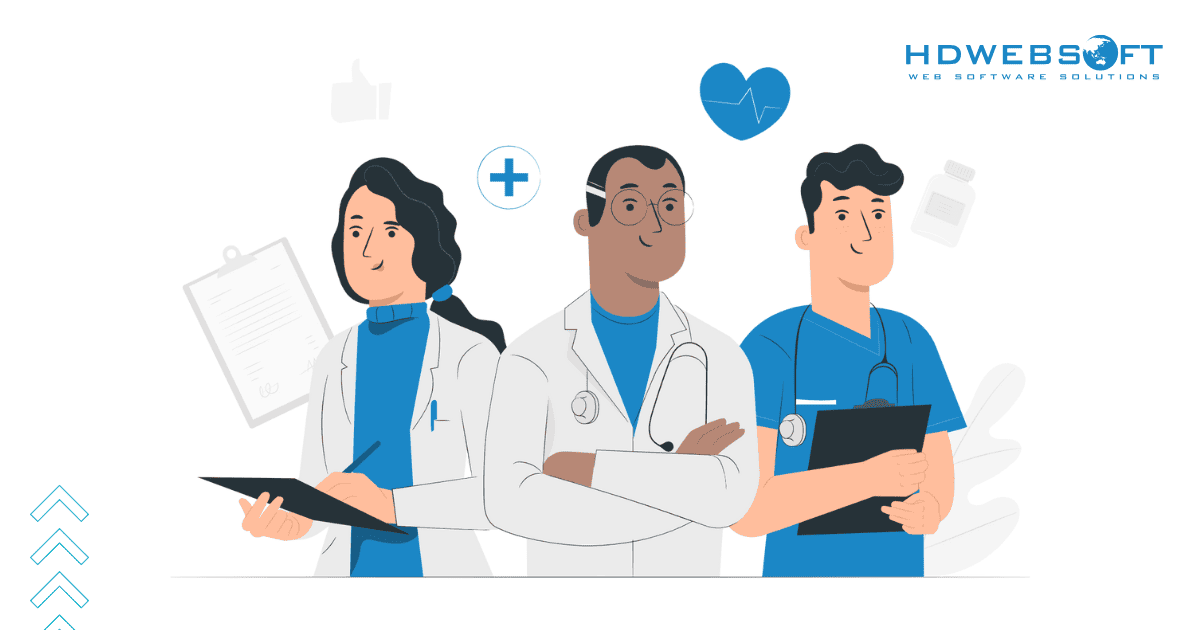
Everyone needs training to excel in their career. Healthcare LMS is tailored for your medical staff.
Improving Patient Safety and Quality of Care
Patient safety is paramount in healthcare, and a healthcare LMS directly contributes to improving care quality. The knowledge and expertise of healthcare professionals are closely connected to the quality of patient outcomes. Therefore, LMS systems for healthcare emerge as an important tool in advancing patient care.
To be specific, it equips staff to handle critical situations effectively. It delivers up-to-date training on infection control, clinical guidelines, and emergency protocols. When we compare it with traditional LMS platforms, we can see that they rarely offer such specific, impactful training tailored to the nuances of healthcare.
Affordable Training Alternatives
In-person training sessions are not only expensive but also disruptive to healthcare workflows. Traditional healthcare training approaches, such as in-person workshops and conferences, frequently require substantial investments of both time and money.
Meanwhile, the medical LMS system provides a cost-effective alternative, allowing organizations to deliver training at scale without compromising quality. Unlike generic platforms, healthcare LMS incorporates healthcare-specific modules that eliminate the need for frequent customization or external consultants. As a result, this scalability ensures institutions of all sizes can adopt advanced training methods within budget constraints.
Monitoring and Assessing Progress
Tracking training progress is crucial in healthcare, where precision and expertise directly impact patient care. An LMS for healthcare excels in providing detailed analytics and reporting, enabling administrators to monitor performance and identify gaps proactively.
For instance, it generates insights into course completion rates, compliance levels, and learner engagement, ensuring training goals are met efficiently. While robust, traditional LMS systems often lack the depth and specificity required for such critical oversight in medical environments.
Must-have Features in LMS for Healthcare
A well-designed LMS for healthcare is more than a platform. It’s a comprehensive solution tailored to meet the unique needs of healthcare professionals and organizations. Below, we explore the must-have capabilities that make it indispensable.
Content Creation and Management
Effective training starts with robust content creation and management tools. A healthcare LMS should allow administrators to develop tailored courses that align with the specific needs of their organization.
The system must support various types of training, ranging from onboarding modules to compliance training and clinical procedures. Furthermore, it should allow for the seamless creation, organization, and updating of training materials to ensure efficiency. Having a centralized repository for content ensures that healthcare staff always have access to the latest and most relevant resources.
Knowledge Assessment
In order to make sure that training goals are met, knowledge assessment features are necessary. An ideal LMS for healthcare incorporates quizzes, exams, and other evaluation tools to gauge understanding.
This not only helps track learner progress but also identifies gaps that require additional attention. Such assessments help organizations measure the effectiveness of their training programs and fine-tune them for better outcomes.
Certification Training
Certifications are a mandatory requirement in the field, making effective certification management a critical feature of a healthcare LMS. Additionally, the system should handle tasks such as issuing certificates for completed courses and sending timely renewal reminders.
This capability not only ensures compliance with regulatory standards but also helps minimize the risk of penalties. All the while, staff credentials are kept up to date.
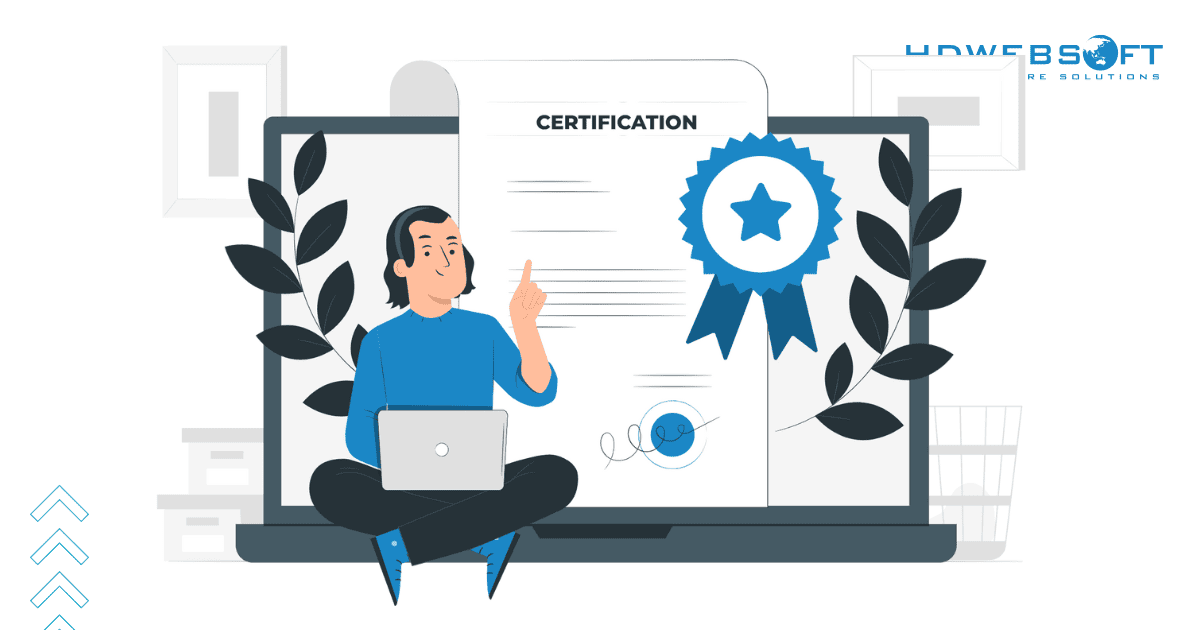
With healthcare LMS issues current and new standard certifications, medical staff can receive up-to-date regulations of their working field.
Strong Data Protection Protocols
Given the sensitive nature of healthcare information, strong data protection is non-negotiable. A reliable healthcare learning management system should comply with security standards like HIPAA to safeguard personal and professional data.
Additionally, AI-powered healthcare tools can detect unusual patterns or potential threats, adding an extra layer of security to protect critical information. In particular, features like encryption, secure logins, and regular security updates further enhance the platform’s protection against breaches. Consequently, these measures help instill confidence among users.
Mobile Learning
Healthcare professionals are often on the move, and mobile accessibility is crucial. A mobile-friendly healthcare LMS allows users to access training materials anytime, anywhere. Whether it’s completing a module during a break or reviewing guidelines on the go, this flexibility ensures continuous learning without disrupting busy schedules.
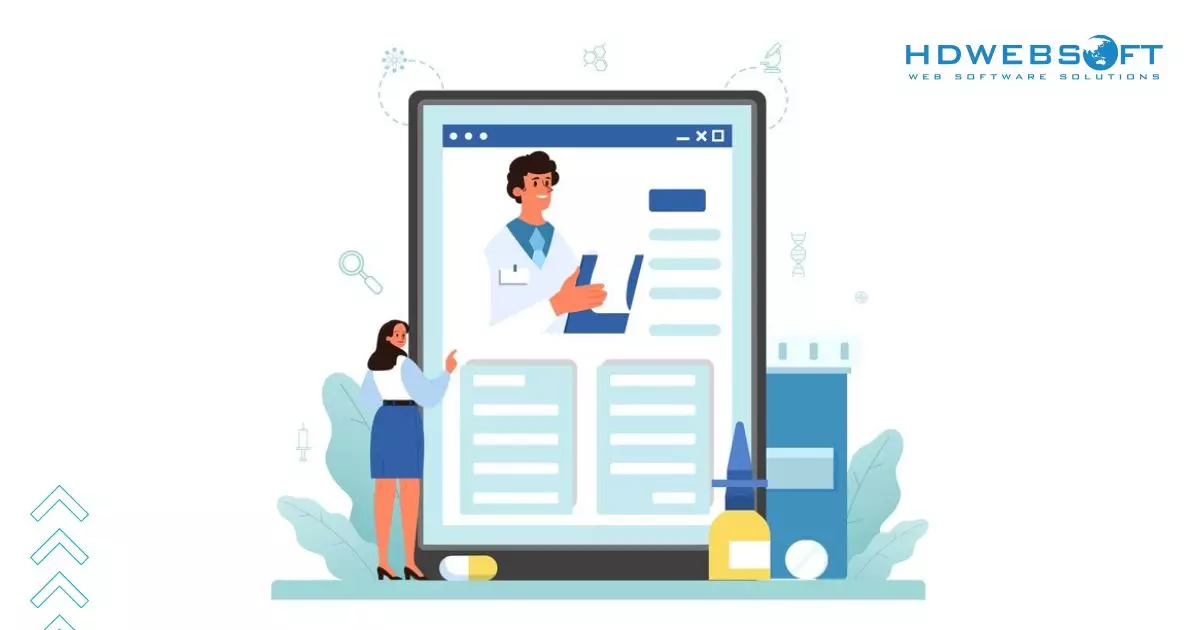
Using a healthcare LMS means you can learn everywhere and whenever.
Individual Learning Paths
Not all healthcare professionals have the same training needs. A custom LMS for healthcare offers personalized learning paths tailored to specific roles. They can be nurses, doctors, or administrative staff members.
Overall, this customization enhances engagement and ensures the training is relevant and impactful.
Collaborative Learning
The healthcare sector thrives on teamwork, and an LMS should support this dynamic. Collaborative learning features such as discussion forums, peer reviews, and group projects foster knowledge sharing and teamwork. Such tools enhance the learning experience and encourage professionals to exchange valuable insights and best practices.
Scalability
As organizations grow, so do their training needs. A scalable healthcare LMS can adapt to accommodate additional users, new courses, and expanded functionalities. Hence, the platform remains relevant and effective, regardless of an organization’s size or future growth.
The Advantages of LMS Systems for Healthcare
A healthcare learning management system is a powerful tool designed to optimize and enhance training processes. Here are the key advantages of integrating an LMS for healthcare into your organization.
Standardized Training Throughout the Organization
Having a medical LMS ensures consistent training across all departments and locations within an organization. Be it onboarding new hires, updating employees on the latest clinical protocols, or conducting compliance training. As a result, everyone receives the same level of knowledge, regardless of their role or location.
This uniformity reduces discrepancies in patient care and operational practices, creating a more cohesive and reliable healthcare environment. Furthermore, standardization minimizes misunderstandings and builds team alignment. Ultimately, it’ll make sure that every member of the organization is on the same page regarding critical procedures and protocols.
Flexibility and Accessibility
Healthcare professionals have demanding schedules, often working long hours in high-pressure environments. A healthcare LMS offers unmatched flexibility by allowing staff to access training materials anytime and anywhere. Whether it’s through a desktop, tablet, or mobile device, learners can complete modules at their convenience.
In addition, this on-demand accessibility not only accommodates busy professionals but also fosters a culture of continuous learning. Thus, making training resources available on mobile platforms enables quick refreshers during emergencies. That way, essential knowledge is always within reach.
Real-Time Tracking and Reporting
Tracking the progress of training programs is crucial for healthcare organizations. By incorporating AI text analysis, medical LMS offers real-time insights into course completion rates, individual learner progress, and overall training effectiveness. Consequently, these analytics enable administrators to identify gaps, measure outcomes, and make necessary adjustments to programs.
Equally important, automated tracking ensures no certifications or mandatory training deadlines are missed, saving time and reducing administrative burden. Real-time tracking can also highlight high-performing staff members, enabling targeted career development opportunities. Thereby, the organization is prepared for internal promotions or leadership transitions.
![]()
It’s easy to track your staff’s learning progress through healthcare LMS.
Cost-Effective Training
Training in healthcare can be expensive, especially when it involves travel, venue costs, and hiring instructors. With a healthcare LMS at hand, it eliminates these expenses by offering scalable e-learning solutions.
Moreover, the integration of artificial intelligence within healthcare training has enhanced precision, mimicking human decision-making capabilities. This not only reduces the cost of errors but also accelerates learning by delivering personalized content.
In the long run, organizations can provide high-quality training by investing in an LMS without straining their budgets. Moreover, the cost savings extend to reduced downtime, as employees can complete training during less busy hours without disrupting workflow.
Regulatory Compliance
As a matter of fact, compliance with healthcare regulations is non-negotiable. An LMS is built with compliance in mind, offering pre-designed courses and automated reminders for mandatory training. This reduces the risk of fines, legal issues, and reputational damage.
What’s more, it ensures that healthcare staff remain up-to-date on critical standards, fostering a safer and more compliant workplace. Beyond compliance, healthcare LMS can adapt to new regulatory changes. Conclusively, organizations are always prepared to meet updated requirements without significant disruption.
Enhanced Patient Care and Safety
The ultimate goal of any healthcare organization is to deliver superior patient care. By equipping staff with the latest knowledge and skills, a healthcare LMS directly impacts the quality of care provided. Well-trained employees can identify risks, follow best practices, and make informed decisions, all of which contribute to improved patient safety.
Besides, consistent training helps reduce medical errors, a major concern in the industry. For example, interactive learning modules can simulate real-life scenarios, allowing staff to practice their responses without compromising actual patient safety. Such training not only builds confidence but also ensures readiness for unexpected challenges.
Plus, a healthcare learning management system promotes interdisciplinary learning, enabling teams to work collaboratively by understanding each other’s roles better. This holistic approach to healthcare LMS enhances communication and coordination among staff, leading to more effective patient care.
In short, ongoing training ensures that healthcare workers stay informed about new medical advancements, technologies, and treatments. Ultimately, it maintains the organization’s competitive edge.
Further Reading: Outsourcing Custom Healthcare Solutions: Pros and Cons.
Use Cases of Healthcare LMS
The versatile nature of an LMS makes it an indispensable tool for modern medical institutions. Let’s explore two critical applications: clinical training and medical product and device training.
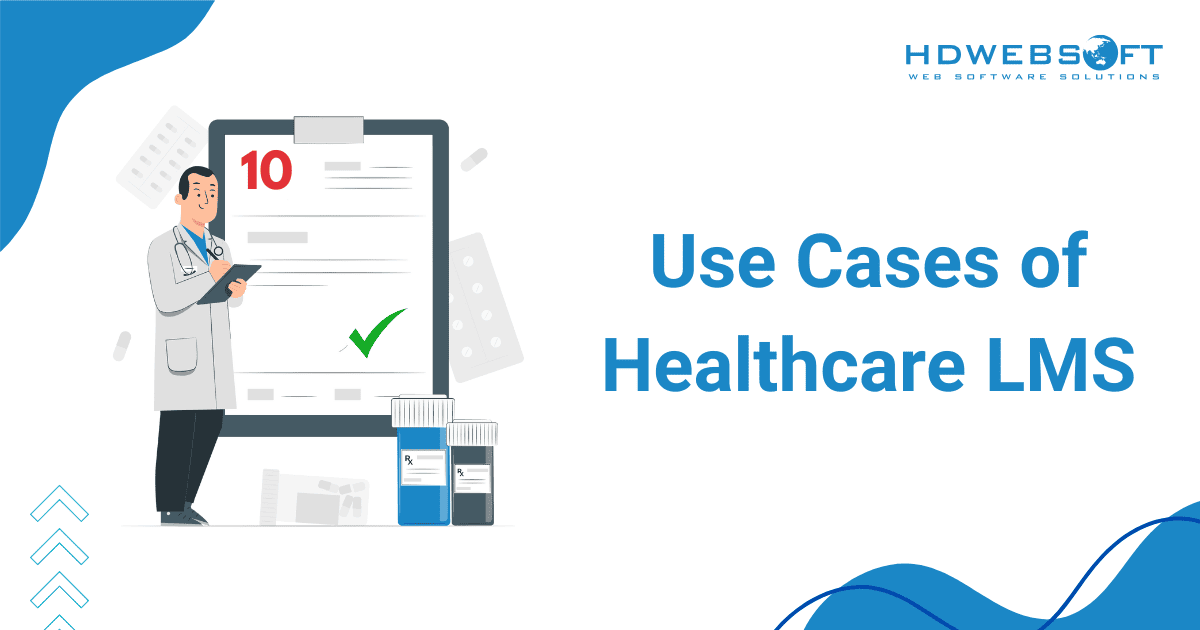
Clinical Training
Practical clinical training is crucial for maintaining high standards of patient care and safety. A medical LMS streamlines this process by delivering engaging, interactive modules designed to simulate real-world scenarios.
For instance, medical staff can access virtual training sessions on procedures like administering IVs or managing emergency cases, reducing the need for in-person demonstrations. Furthermore, integration with telehealth software can significantly enhance the training experience. It enables real-time simulations of patient interactions and creates opportunities for remote mentorship from experienced clinicians.
Moreover, the healthcare LMS ensures that training materials are consistently updated to align with the latest medical guidelines and protocols. This adaptability ensures that healthcare professionals are equipped with current knowledge, enabling them to respond effectively in the changing environment.
Medical Product and Device Training
As medical technology advances, healthcare professionals must stay informed about new products and devices. The LMS platform for healthcare is a practical solution that provides comprehensive training modules tailored to specific medical equipment.
This type of training minimizes the risk of misuse, enhances operational efficiency, and ensures compliance with manufacturer guidelines. Furthermore, the LMS’s ability to deliver training on-demand adds significant value. This feature is especially beneficial for busy healthcare teams, as it allows them to access resources at their convenience.
Conclusion
In a world where patient outcomes depend on skilled and knowledgeable staff, a healthcare LMS serves as a cornerstone for success, blending technology and education to redefine healthcare training. With the healthcare LMS market expanding rapidly, now is the perfect time for institutions to embrace this transformative tool. Invest in your most valuable asset: your people is never a wrong choice.


